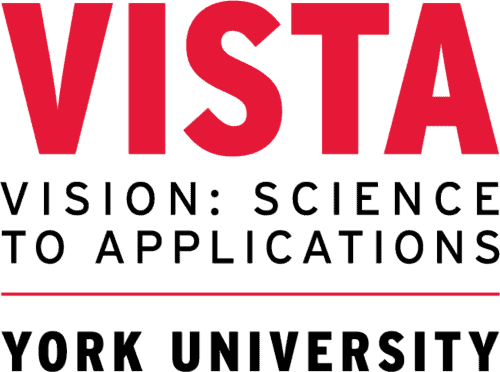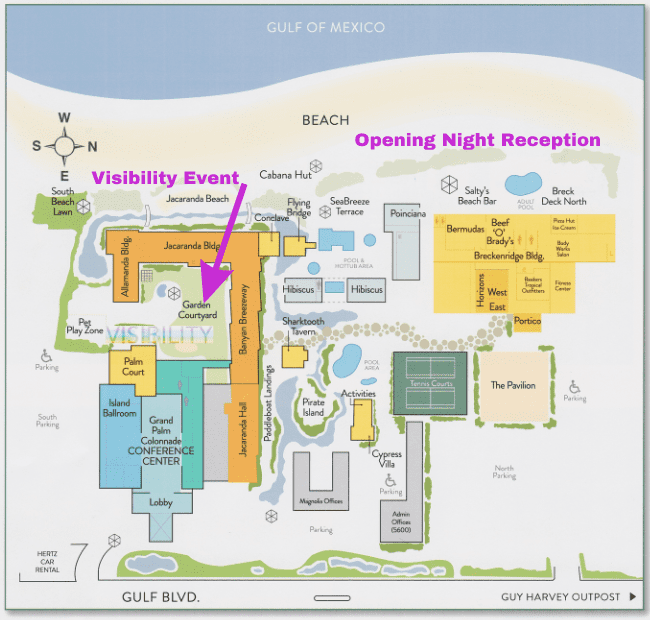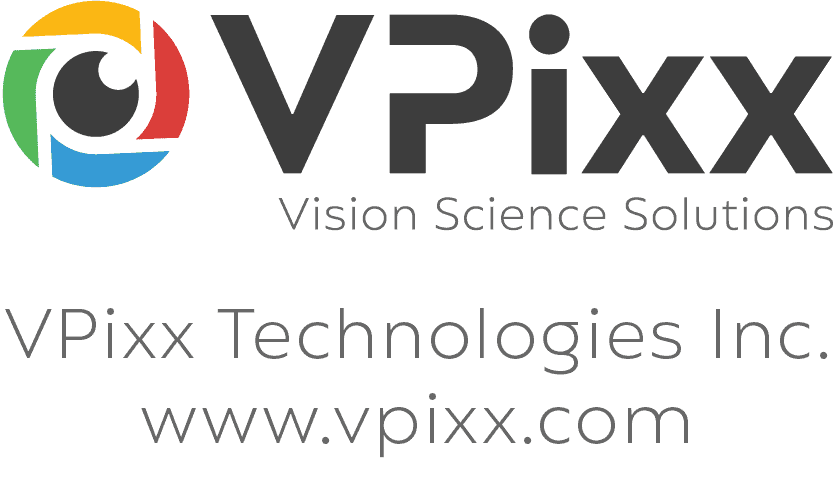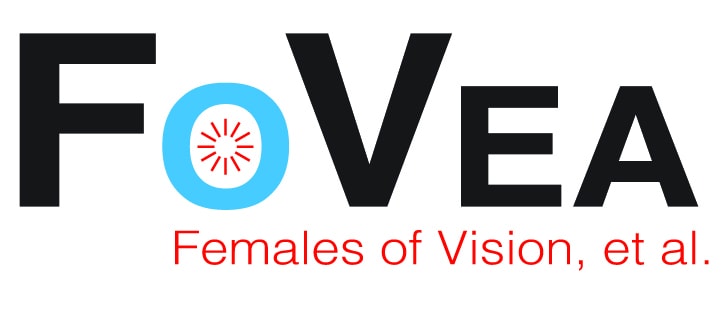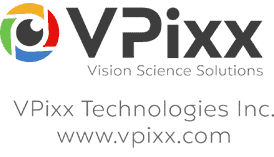Tuesday, May 23, 2023, 12:30 – 2:30 pm, Jasmine/Palm
Organizers: Chaz Firestone, Department of Psychological and Brain Sciences, Johns Hopkins University; Kevin Lande, Department of Philosophy & Centre for Vision Research, York University; Jorge Morales, Departments of Psychology and Philosophy, Northeastern University
Speakers: Wayne Wu (Carnegie Mellon), with comments from Ruth Rosenholtz (MIT); Madeleine Ransom (University of British Columbia), with comments from Isabel Gauthier (Vanderbilt); Jake Quilty-Dunn (Washington University-St. Louis), with comments from Yaoda Xu (Yale)
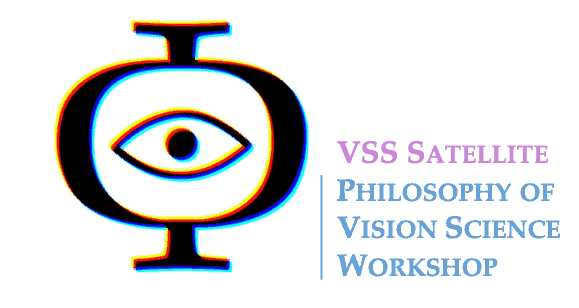
The past decade has seen a resurgence in conversation between vision science and philosophy of perception on questions of fundamental interest to both fields, such as: What do we see? What is seeing for? What is seeing? The phiVis workshop is a forum for continuing and expanding this interdisciplinary conversation. Short talks by philosophers of perception that engage with the latest research in vision science will be followed by discussion with a slate of vision scientists.
Conversations between philosophers of vision and vision scientists have enriched research programs in both fields. On the one hand, the latest generation of philosophers of vision are deeply immersed in the scientific literatures on natural scene statistics, visual short-term memory, ensemble perception, contour integration, amodal completion, visual salience, multi-sensory integration, visual adaptation, and much else. On the other hand, vision scientists have found a great deal of value in responding to and thinking together with philosophers about the mechanisms and effects of perceptual constancies, attentional selection, object perception, and perceptual uncertainty, to name just a handful of topics. These conversations are not only intrinsically interesting for everyone involved, they have been fruitful sources of research and collaboration. However, opportunities for dialogue are all too rare, often occurring only through chance interactions or one-off workshops. The phiVis satellite is meant to be a platform to extend these discussions.
For more information, visit: https://www.phivis.org/

